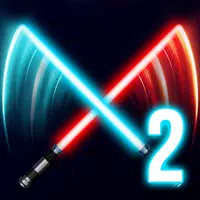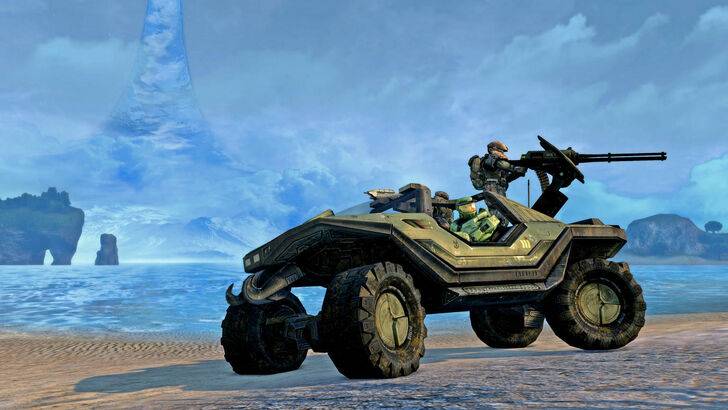
In 2011, the remake of Halo: Combat Evolved Anniversary was entrusted to Saber Interactive, a then-independent studio that offered to undertake the project at no cost. Dive into the story of how this ambitious move unfolded and how it propelled a small indie team into the spotlight of a major franchise.
Saber Interactive Offered To Do Halo For Free
A Huge Opportunity For An Independent Studio
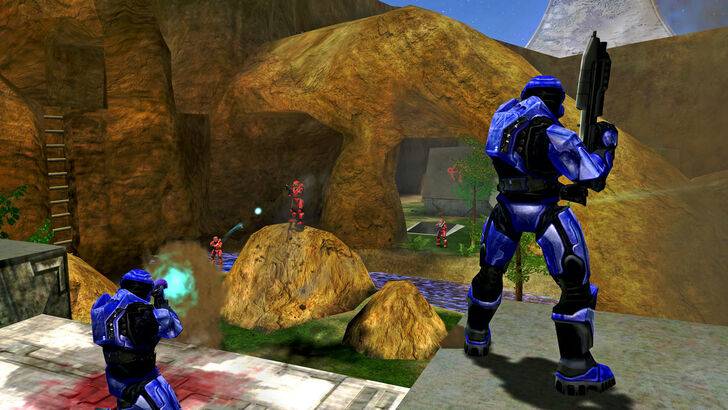
In a revealing interview with journalist Stephen Totilo for Game File, Saber Interactive's CEO and co-founder, Matthew Karch, shared the details of their pitch to Microsoft for the remastering of the iconic Halo game. Karch boldly stated that his studio would undertake the project for free, emphasizing the prestige of working on "Halo."
The Xbox executive present was taken aback by the offer, as Karch recounted, yet he believed it was a strategic move for Saber. At the time, the studio was a burgeoning indie outfit, and the opportunity to work on such a renowned franchise promised invaluable exposure. Karch likened it to earning a "Harvard diploma," predicting that their involvement with Halo would open doors and attract future collaborations. "It's the biggest franchise in the world at the time," he explained. "Everyone in the world is going to want to work with me after they see that I’ve worked on this last Halo game, and it is going to open up doors. So I’ll suck it up and I’ll do it at a loss."
Saber secured the project, and Halo: Combat Evolved Anniversary hit the Xbox 360 in 2011. Although Karch initially proposed a modest $4 million bid upon Microsoft's request, the studio ultimately received no royalties due to specific contractual clauses imposed by Microsoft.
From Relying On Publishers To Becoming One Themselves
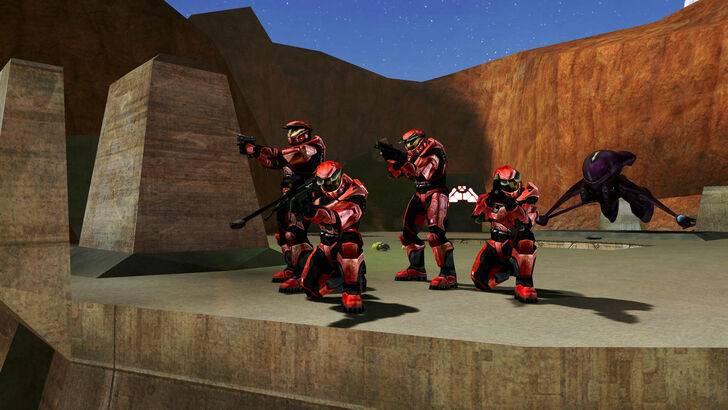
Despite the financial loss from the 2011 remake, Saber's fortunes turned when they were contracted by Microsoft to contribute to Halo: The Master Chief Collection, working alongside giants like Bungie and 343 Industries. Tasked with porting Halo: Combat Evolved Anniversary to the Xbox One, Saber faced a contractual hiccup when Microsoft failed to provide a contract until just before the collection's launch.
Karch stood firm, refusing to sign until the royalty-nullifying clauses from the previous deal were removed. Microsoft complied, and Saber was compensated generously for their work on The Master Chief Collection, receiving tens of millions of dollars. This significant payment empowered Saber to pursue more ambitious projects. "We’ve watched other people make money on our work. Now we’re going to make money on our own," Karch reflected, sharing his determination with partner and COO Andrey Iones.
Saber Interactive Now
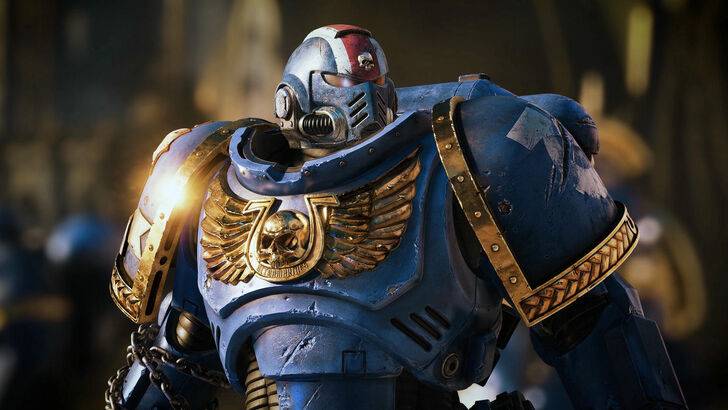
Post their successful Halo collaboration, Saber Interactive expanded globally, establishing studios in Spain, Sweden, and Belarus, and acquiring companies like Binary Motion and New World Interactive. Their portfolio grew to include projects like the Nintendo Switch port of The Witcher 3: Wild Hunt with CD Projekt Red, and their own title, World War Z.
In February 2020, Saber was acquired by the Embracer Group, becoming a subsidiary while retaining its autonomy. Under Embracer, Saber continued to expand, developing games like Evil Dead: The Game and acquiring more subsidiaries. However, due to financial constraints, Embracer sold Saber Interactive to Beacon Interactive, a company owned by Karch, in a deal that allowed Saber to retain its studios and intellectual properties.
Despite the change in ownership, CCO Tim Willits reassured fans via X (formerly Twitter) that ongoing projects would proceed as planned. Currently, Saber Interactive is actively developing several titles, including Warhammer 40,000: Space Marine 2 (released in September 2024), John Carpenter’s Toxic Commando, and Jurassic Park: Survival.

